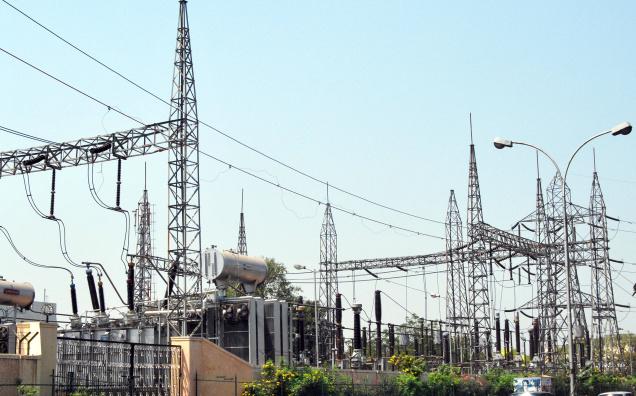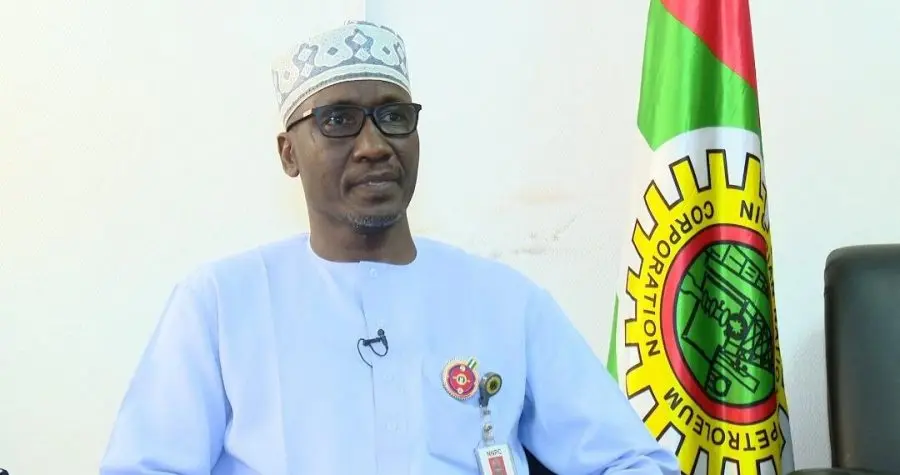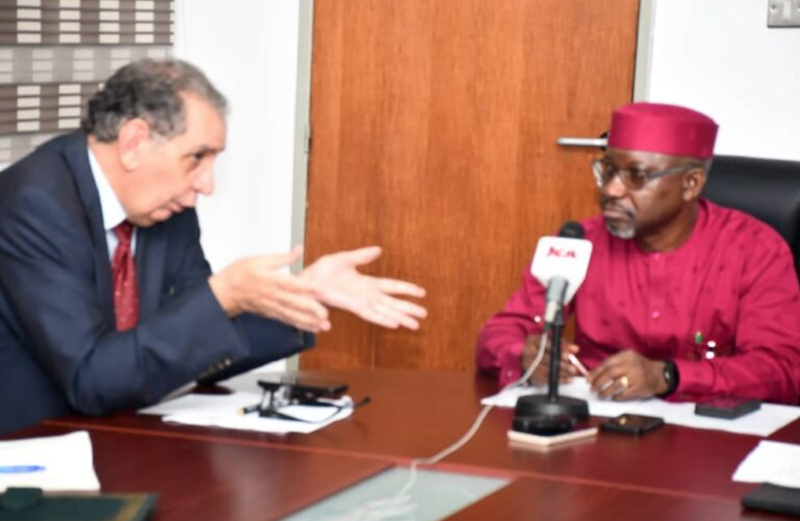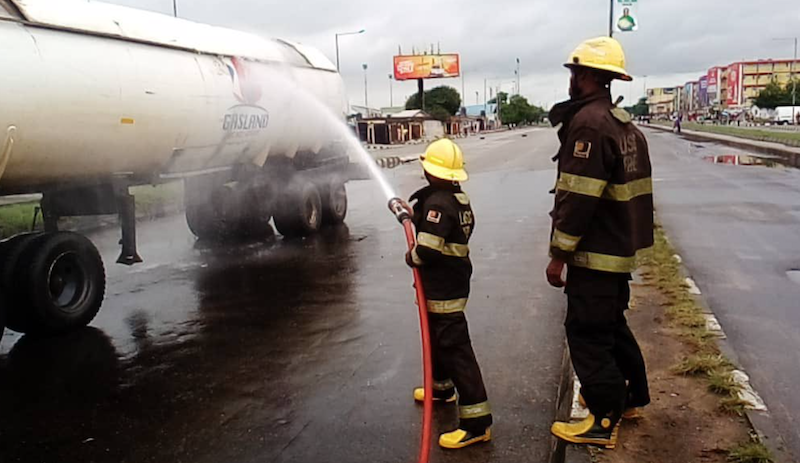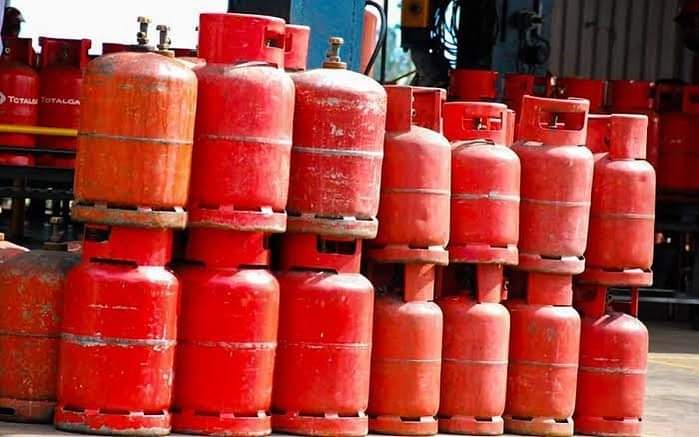The Federal Government says it will soon begin the payment of N130 billion as part of gas supply debts in the Nigerian Electricity Supply Industry (NESI).
The Minister of Power, Mr Adebayo Adelabu, said this on Thursday at the 2024 Eight Africa Energy Marketplace in Abuja.
The forum was organised by African Development Bank (AfDB), Ministry of Power and the United Kingdom Nigeria Infrastructure Advisory Facility (UKNIAF).
The theme of the forum titled “Towards Nigeria’s Sustainable Energy Future: Policy, Regulation, and Investment – A Policy Dialogue for the National Integrated Electricity Policy and Strategic Implementation Plan (NIEP-SIP)”.
Adelabu said that President Bola Tinubu has approved submission of the Minister of State for Petroleum Resources, (Gas) to defray outstanding debt owed to the gas supply companies to the power sector operators.
The minister said the payments would be in two parts as there is the legacy debt and the current debt.
“For the current debt, approval has been given for a cash payment of about N130 billion from the gas stabilisation fund which the Federal Ministry of Finance will pay.
“The payment for the legacy debt is actually going to be made but from future royalties and exchange of incomes in the gas sub-sector which is quite satisfactory to the gas supply companies.
“The last figure was about 1.3 billion dollars and this payment, we believe, will go a long way to encourage these gas companies to enter into firm supply contracts with the power generating companies,” he said.
Adelabu said the Federal Government planned to adopt a model that would ensure firm contracts between gas companies and majority of the power generating companies.
“The day they cannot supply gas, there is no penalty but once there is a firm contract, they will be under contractual obligation to supply gas to these power generating companies so that we have a consistent power generation.
Adelabu said that for the power generating companies, the debt is put at N1.3 trillion.
The minister said the ministry of power has the consent of the President to pay on a condition of settling the reconciliation of the debts between the government and the power generating companies.
“And this, we have successfully done, and are being signed off by both parties. Majority has signed off and we are actually engaging others, so we have 100 per cent sign off from the power generating companies.
“The modalities for paying this will be two ways; there will be immediate cash injection as government is not buoyant enough to pay the N1.3 trillion at once.
“A fraction will be paid in cash, while the remaining fraction will be settled through a guarantee debt instrument, preferably a promissory note, ‘’ he said.
On his part, Mr Sanusi Garba, Chairman, Nigerian Electricity Regulatory Commission, (NERC), said the poor financial state of the Electricity Distribution Company (DisCos ) made it difficult for them to raise the needed capital to invest.
Garba said the challenges facing the sector were a culmination of all past inactions and missteps by those saddled with the responsibilities of managing the sector both at policy and operational levels.
He said, “today when you look at distribution companies, they are clearly and technically insolvent, and you also want them to raise capital in terms of debt or equity.
“It’s a herculean task. I also want to mention that implementing the power sector reform requires very strong political will to implement decisions that impact on the wider public, ‘’ he said.

